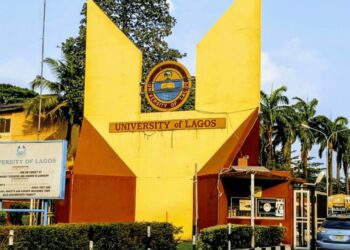The United Kingdom has reduced the duration of its Graduate Route visa from two years to 18 months, as part of a sweeping reform aimed at tightening immigration controls and eliminating loopholes in the international education and asylum system.
The policy change, unveiled in a new Immigration White Paper released on Monday, introduces stricter compliance requirements for universities and imposes harsher measures to combat visa abuse, unsponsored work, and low student-to-work transition rates.
“The Graduate Route has failed to meet its original objectives. It has become a magnet for abuse and a backdoor to unsponsored employment,” the UK Home Office said in a statement.
Under the new rules, only universities that meet elevated compliance benchmarks will retain their licenses to enroll international students. Institutions with low graduate employment rates or questionable recruitment tactics risk sanctions.
Dependants of Graduate Route visa holders will also face restrictions, and the pathway to obtaining a full work visa will be tightened.
Wider Immigration Reforms
In addition to changes affecting international students, the UK is also overhauling its asylum and deportation systems. Applicants whose country conditions have not changed or who delay claiming asylum may now face automatic rejection.
The government plans to expand deportation powers to include all foreign nationals convicted of crimes — not just those sentenced to over 12 months. Special focus will be placed on crimes involving violence against women and girls.
Furthermore, the Home Office aims to limit the use of Article 8 (right to family life) in deportation appeals, asserting that immigration decisions should lie with Parliament, not the judiciary.
Sponsors Face Stricter Penalties
Employers, universities, and other visa sponsors will be held accountable for facilitating any form of visa misuse. Penalties include recruitment bans, fines, and license revocations.
“Sponsorship is a privilege, not a right,” the Home Office said. “We will not hesitate to act against institutions that undermine the integrity of the system.”
‘Restoring Trust’ in UK Immigration
According to Home Secretary Yvette Cooper, the reforms are part of a broader strategy to restore public confidence in the UK’s immigration system while still welcoming global talent.
“These changes are necessary to rebuild integrity and ensure that our borders remain secure,” she said.



















































































 EduTimes Africa, a product of Education Times Africa, is a magazine publication that aims to lend its support to close the yawning gap in Africa's educational development.
EduTimes Africa, a product of Education Times Africa, is a magazine publication that aims to lend its support to close the yawning gap in Africa's educational development.